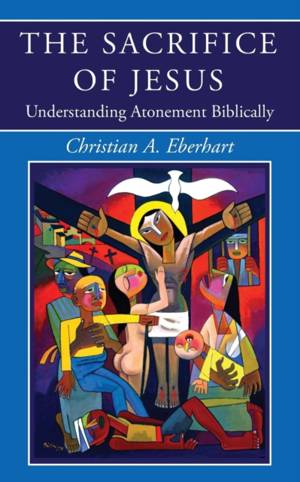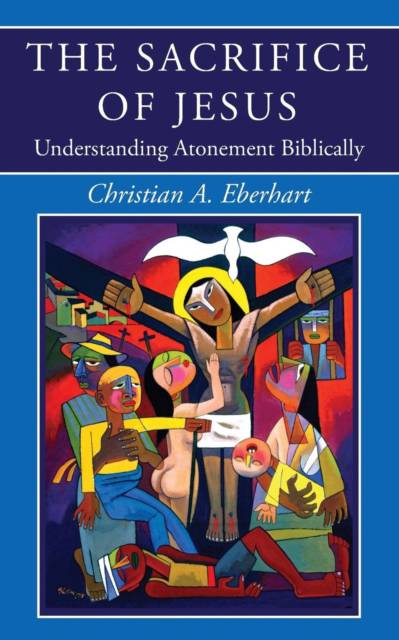
- Afhalen na 1 uur in een winkel met voorraad
- Gratis thuislevering in België vanaf € 30
- Ruim aanbod met 7 miljoen producten
- Afhalen na 1 uur in een winkel met voorraad
- Gratis thuislevering in België vanaf € 30
- Ruim aanbod met 7 miljoen producten
Zoeken
€ 33,45
+ 66 punten
Omschrijving
Exploring nonviolent images of atonement-- The "sacrifice" of Jesus is one of the most central doctrines in Christianity--and one of the most controversial, especially in contemporary debate (and after the appearance of films such as The Passion of the Christ). The implications of a violent parent and the necessity of innocent suffering are profoundly troubling to many people. Are they nevertheless necessary elements of Christian theology? Christian A. Eberhart makes a decisive contribution to these debates by carefully and clearly examining the Old Testament metaphors of sacrifice and atonement and the ways these metaphors were taken over by early Christians to speak of the significance of Christ. Eberhart shows that these New Testament appropriations have been misunderstood as requiring a logic of necessary violence; rather they speak to larger Christological themes concerning the whole mission and life of Jesus.
Specificaties
Betrokkenen
- Auteur(s):
- Uitgeverij:
Inhoud
- Aantal bladzijden:
- 180
- Taal:
- Engels
Eigenschappen
- Productcode (EAN):
- 9781532646775
- Verschijningsdatum:
- 16/02/2018
- Uitvoering:
- Paperback
- Formaat:
- Trade paperback (VS)
- Afmetingen:
- 127 mm x 203 mm
- Gewicht:
- 204 g

Alleen bij Standaard Boekhandel
+ 66 punten op je klantenkaart van Standaard Boekhandel
Beoordelingen
We publiceren alleen reviews die voldoen aan de voorwaarden voor reviews. Bekijk onze voorwaarden voor reviews.











